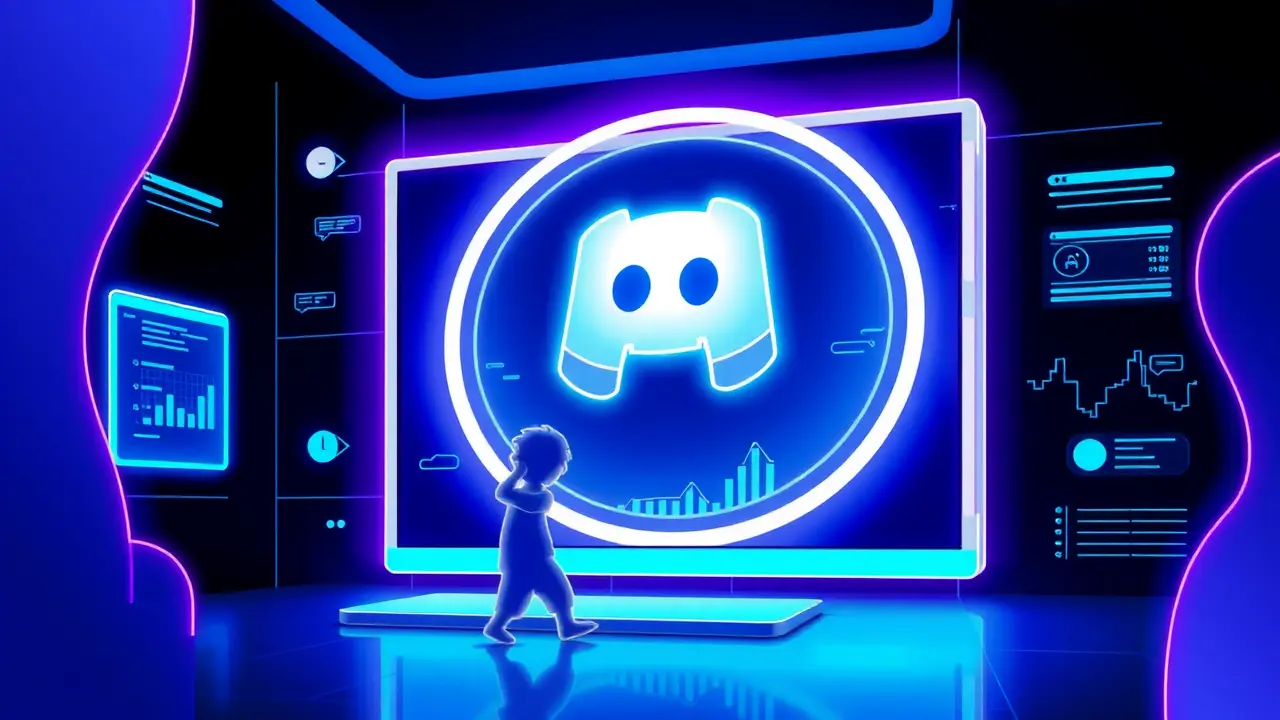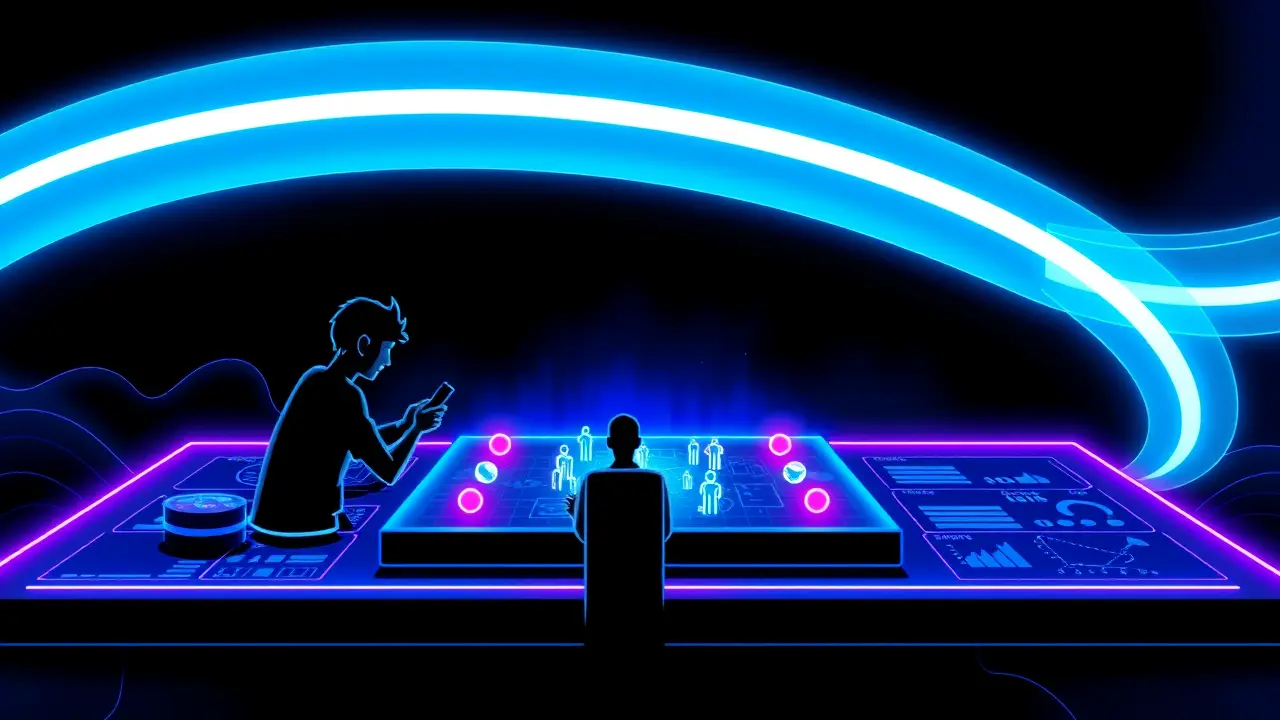
EntertainmentgamingGame Releases
Discord's Family Center Update Enhances Parental Monitoring Features
MI
Michael Ross
11 hours ago7 min read2 comments
Discord's latest evolution of its Family Center marks a significant inflection point in the ongoing societal negotiation between digital autonomy and parental oversight, a debate that echoes Isaac Asimov's prescient concerns about technology's integration into the human fabric. The platform, a communication behemoth born from the gaming subculture, is no longer just a digital town square for teens; it has become a testing ground for the practical implementation of ethical AI governance at the micro-level of the family unit.When Family Center first launched in 2023, it offered a relatively basic activity dashboard, a tentative first step into a domain traditionally dominated by operating-system-level controls. This new update, however, plunges much deeper into the data stream, granting guardians unprecedented visibility into their teens' digital footprints—specifically tracking financial transactions, quantifying 'top interactions' through metrics like message volume and call duration, and providing a stark, numerical readout of time invested within the platform's ecosystem.The stated goal is laudably straightforward: to equip parents with the tools to identify potentially harmful patterns of excessive spending or compulsive usage. Yet, beneath this utilitarian surface lies a complex web of ethical considerations that would fascinate any policy ethicist.On one hand, this represents a proactive move by a tech company to shoulder some responsibility for user well-being, potentially mitigating risks like financial exploitation by bad actors or the insidious creep of screen-time addiction that can mirror behavioral conditioning. It's a corporate nod to the principle of beneficence.On the other hand, it raises profound questions about surveillance, trust, and the definition of a digital panopticon within the parent-child relationship. Does granular monitoring of a teen's 'top interactions' foster safety, or does it inadvertently stifle the development of private social spheres crucial for adolescent identity formation? The architecture of this system—what data is collected, how it is algorithmically weighted to determine 'top' contacts, and how it is presented to parents—is a form of AI-driven judgment, one that could misinterpret a vibrant, healthy friendship as a 'risk' simply due to high engagement or mislabel a creative collaboration as 'excessive time spent.' Unlike Asimov's clear-cut Laws of Robotics, the guidelines for digital parenting tools are unwritten and fraught with cultural nuance. Discord walks a tightrope, attempting to balance its core identity as a haven for community and self-expression with the growing pressure from regulators and parents for greater accountability.The consequences of this update will ripple beyond individual households, potentially setting a new industry standard for what constitutes 'responsible' social platform design. It may empower parents who feel outmatched by the complexity of modern digital spaces, but it also risks normalizing a level of oversight that could be co-opted by less scrupulous platforms for more nefarious purposes. The true test will be in its implementation: will these tools be framed as a collaborative safety net, encouraging conversation, or as a punitive surveillance dashboard that erodes trust? As we stand at this crossroads, Discord's Family Center isn't just a new feature; it's a live experiment in whether technology can truly be engineered to protect our humanity without first compromising its essence.
#featured
#Discord
#Family Center
#parental controls
#teen safety
#online purchases
#communication platform
Stay Informed. Act Smarter.
Get weekly highlights, major headlines, and expert insights — then put your knowledge to work in our live prediction markets.
Related News
© 2025 Outpoll Service LTD. All rights reserved.











